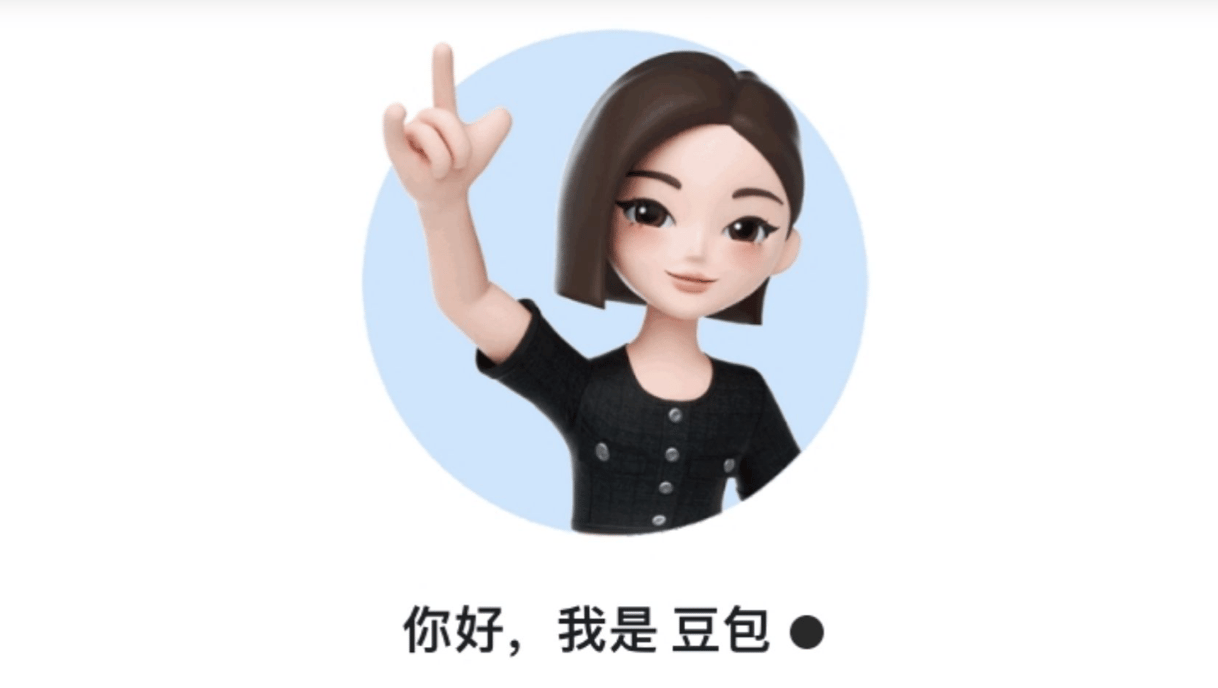This September in Singapore, more than 10,000 bright-eyed Web3 disruptors and innovators gathered at TOKEN2049 to reimagine the future of the internet, finance, and commerce. And, also, to have a really good party.
With headlines about the rise and fall of the latest crypto-mirage seemingly inescapable, and an increasing number of talented friends changing careers to work in Web3, I found myself suffering a little from FOMO, but also concerned by questions of social hierarchy and credibility within the Web3 community.
The term “Web3” was coined back in 2014, but has gained more widespread usage since 2021, incorporating projects based around decentralization, blockchain technologies, and token-based economics. In contrast to the “Web2” world in which most of us currently reside, the main advantage of Web3, proponents argue, is that internet users will be able to benefit directly from this alternative new world. In contrast to the Web2 world, where large organizations such as Google, Meta, or Tiktok are the main financial beneficiaries from its mass adoption and popularity, in the Web3 world, everyone will be able to “read-write and own” a particular piece of the internet through token-based economics. The hope is that this new method of incentivization may act as an equalizer in our crisis-ridden capitalist system and bring about a more equitable, self-governing society.
It sounds like a romantic modern-day Robin Hood story. But what about the myriad of scams and worthless initial coin offerings (ICOs) we hear of? Armed with my ambition to uncover the “truth” and an unmissable opportunity to hop on party boats with beautiful people, I ventured deeper into the 100 or so side events at TOKEN2049.

From Ivy League graduates to serial entrepreneurs, roaming Russians to flamboyant Frenchmen, the attendees included a diverse group of nationalities, professions, and specialities. There were seemingly no overt commonalities — except that everyone seemed to have their 30-second elevator-pitch perfected and their phones at the ready to add you on your social media platform of choice. I found myself overwhelmed: how could I tell who was the real deal, or even prioritize my attention given the hundreds of people I was meeting every night?
“Referrals are critical in the Web3 community, you tend to prefer and work with contacts through a validated network of your own,” argued my friend Dan Sun, a Web3 veteran and trilingual polyglot (Chinese, Korean, and English).
From a networking perspective, this does make sense. In a world where brand names, traditional institutions, or past records (for example, your Twitter/X profile) are all difficult to see as true indicators, “social capital” seems to be the most reliable form of benchmarking. It is by meeting one another face-to-face that individuals in the Web3 community are able to tap into new opportunities and other groups’ resources, often on the other side of the world or in adjacent technological spaces, yielding significant results and success in their next projects. I began to empathize more with the compulsive-networking happening over the three day fiesta, and refrained myself from further party-pooper style questioning every time a new person was introduced, usually sporting a monochrome t-shirt with a single-word logo promoting their “world-changing” Decentralized Finance (DeFi) project.
But sometimes this system also goes awry.
In 2018, the CEO of a digital marketing company that Kevin Cook previously worked for recommended him to a creator-driven blockchain company. With his good looks and charming personality, Kevin joined on as president. Gradually, he realized he was unwittingly part of a Ponzi scheme. “Despite being the president of this web3 company, I had no idea what I was doing,” he told me. Kevin went on roadshows across the world, selling this sexy new idea to investors and raising millions in the process. After five months at the company, however, he had realized that none of the products pitched were being built as promised, and that none of them actually used blockchain technology. “It was just too difficult at the time to do this on a technological level. It seemed like our tech team knew this and we were getting along fine with the business model, building it on a centralized platform.”
Despite many similar cases, the industry’s momentum has continued, fueled by “free” money seeking high returns and a lack of vigilant investor governance. In 2019 alone, $4.2 billion was poured into VC investments in Web3.
Yet it would be unwise to dismiss all efforts within Web3 as simply fads or frauds. Both the capital invested into it and the level of talent in the industry indicate otherwise. The global cryptocurrency market capitalization today is at $1.11 trillion dollars, of which over 47% sits on Bitcoin (BTC).

Web3 is more than just cryptocurrencies though: its activities take place across various “Layer 1” chains such as Ethereum, Solana, and Cardano. Decentralized applications (DApps) and use cases build upon these chains via smart contracts, whilst a whole host of other “on-ramp” and “off-ramp” projects are also being built to bridge the gap between the “traditional” Web2 financial system and the Web3 financial world.
Meanwhile, for Singapore’s government, balancing financial stability and innovation remains a challenge. In the immediate wake of FTX’s collapse back in 2022, Singapore’s state-owned investment firm Temasek Holdings lost over $275 million. At the time, Singapore’s finance minister made his stance clear: “Singapore is open to digital asset innovation but is not open to crypto speculation at all.” Although Singapore’s monetary authority banned all advertisements for retail crypto trading in early 2022, it has continued to use blockchain to update its cross-border payment systems.
So, Web3 moves forward, sometimes haltingly, but undeniably part of the zeitgeist. Young people today are determined to reconstruct power and authority through their own value systems and aren’t afraid to advocate for a new “imagined world order.” But like any revolution, a new Web3 world will only come into being once the technology spreads beyond early adopters and is recognized in the intersubjective realities of millions of individuals. As I looked out over the attendees at another TOKEN2049 afterparty, it was hard to tell who had seen the future and who was just selling a fantasy.
Images courtesy Rilly Chen

















